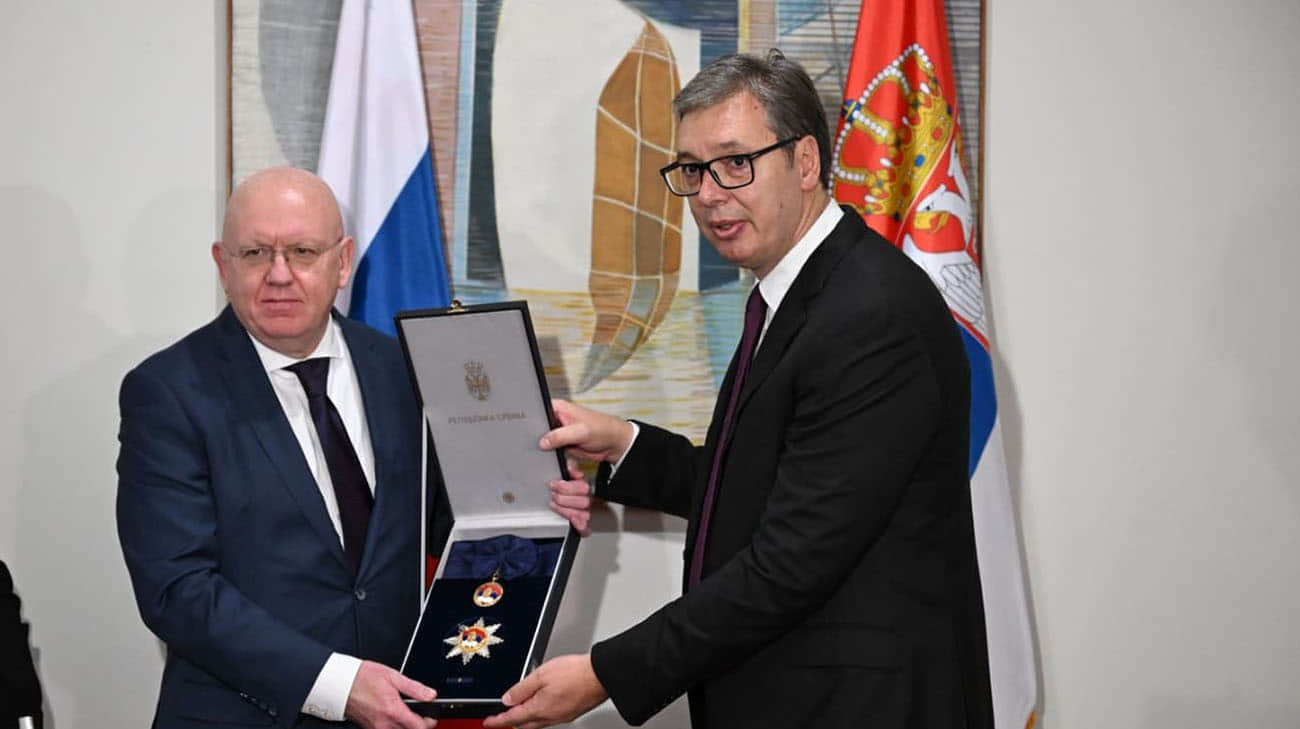Extension of the U.S.-EU Science and Technology Agreement
Office of the Spokesperson On October 14, the United States and European Union (EU) extended the U.S.-EU Science and Technology Agreement for five years. Since the Agreement was first concluded in 1997, the strategic partnership for research between the European Union (EU) and the United States of America has grown into a robust and enduring relationship. The initial bilateral U.S.-EU Science and Technology Agreement was signed in Washington, DC on December 5, 1997, and entered into force on October 14, 1998. The agreement has been subsequently extended four times, in 2003, 2008, 2013, and 2018. The U.S.-EU partnership on science and innovation is rooted in shared values and principles such as ethics, research integrity, transparency, openness, and evidence-based policymaking. Today, the EU and the United States share priorities in the areas of global health, climate, energy, the environment, and critical and emerging technologies. These priorities provide an opportunity to deepen our collaboration, for the benefit not only of the United States and European Union, but also of the world. For further information, please reach out to OES-PA-DG@state.gov. Tags Bureau of European and Eurasian Affairs Bureau of Oceans and International Environmental and Scientific Affairs European Union Office of the Spokesperson Scientific and Technological Cooperation

Office of the Spokesperson
On October 14, the United States and European Union (EU) extended the U.S.-EU Science and Technology Agreement for five years. Since the Agreement was first concluded in 1997, the strategic partnership for research between the European Union (EU) and the United States of America has grown into a robust and enduring relationship.
The initial bilateral U.S.-EU Science and Technology Agreement was signed in Washington, DC on December 5, 1997, and entered into force on October 14, 1998. The agreement has been subsequently extended four times, in 2003, 2008, 2013, and 2018.
The U.S.-EU partnership on science and innovation is rooted in shared values and principles such as ethics, research integrity, transparency, openness, and evidence-based policymaking. Today, the EU and the United States share priorities in the areas of global health, climate, energy, the environment, and critical and emerging technologies. These priorities provide an opportunity to deepen our collaboration, for the benefit not only of the United States and European Union, but also of the world.
For further information, please reach out to OES-PA-DG@state.gov.



